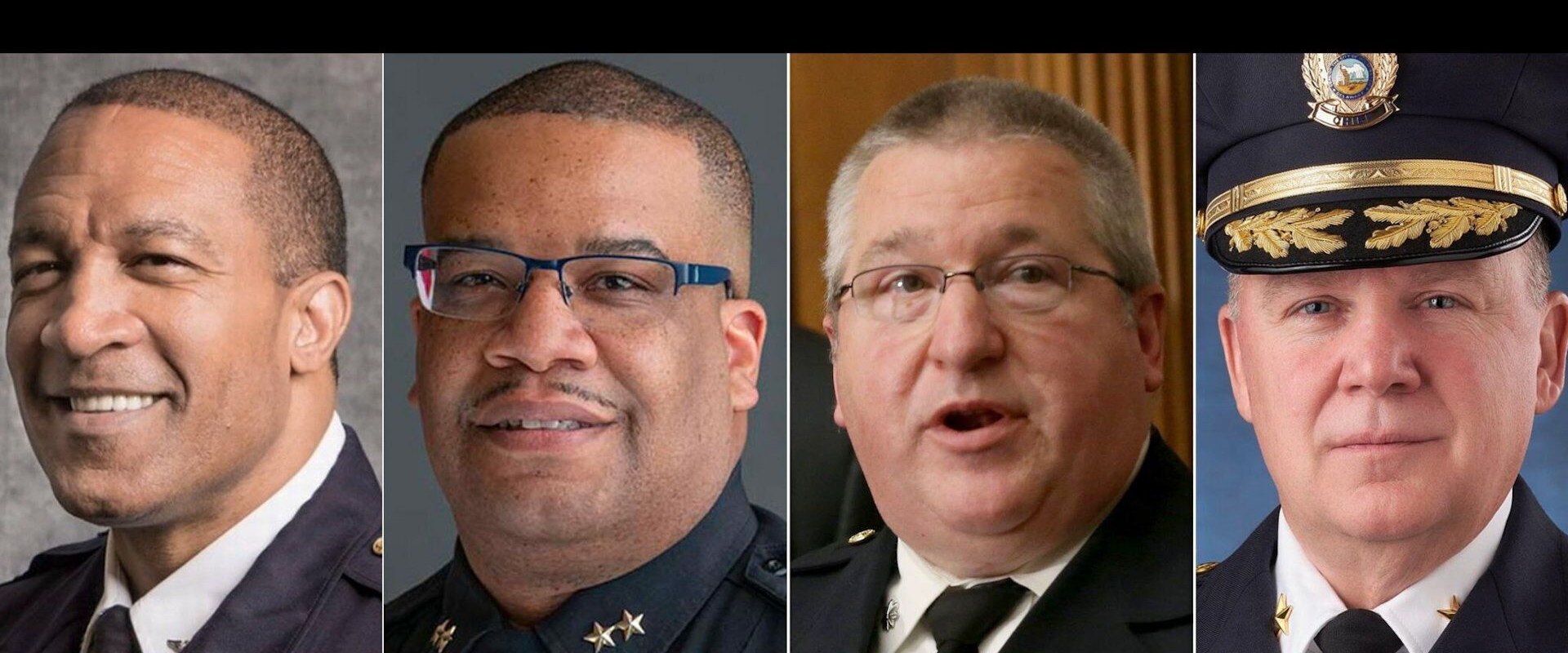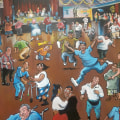The Religious Action Center for Reformed Judaism (RAC) has been a leader in the fight against gun violence since 1972. Through advocacy and training, they have empowered more than 500 adolescents in all 50 states to take action against this social problem. Ameena Matthews, a former congressional candidate from Illinois, is a prime example of how individuals can make a difference in their communities. Businesses in areas with high rates of gun violence often move to safer locations to ensure their customers feel secure when shopping in public. To reduce access to firearms by those at risk of interpersonal violence, it is essential to implement policies, programs, and practices that address the root causes of gun violence in disadvantaged communities. Churches are not just offering thoughts and prayers; they are interrupting violence in the streets and preaching against Christian nationalism in the pews.
They are striving to achieve full respect for life, quality of life, and human freedom. Unfortunately, neighborhoods exposed to gun violence are trapped in a cycle of economic disinvestment and diminishing public services, leading to an increase in violence. The federal government has taken steps to address this issue by creating the Resilience in Communities After Stress and Trauma Grant Program (REcast). This program provides millions of dollars to help high-risk youth and families and promote resilience and equity in communities that have recently faced civil unrest. It also implements evidence-based violence prevention programs, community youth participation programs, and links to trauma-informed behavioral health services. In neighborhoods affected by violence, residents are dealing with long-standing trauma and difficulties that are driving the increase in shootings.
For example, Connecticut's state-funded gang violence intervention program was associated with a 21% decrease in shootings every month it was active. A study of 500 African-American youth living in under-resourced neighborhoods in Virginia found that direct exposure to violence was the best indicator of whether a person would later become involved in firearm-related crimes. Finally, firearms dealers buy firearms in bulk from states with lax firearm purchase laws and sell them illegally on the underground market. This illegal activity further contributes to the problem of gun violence.




